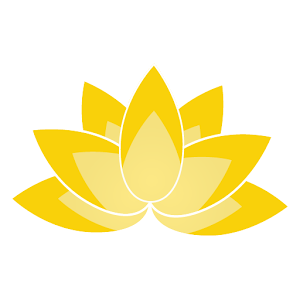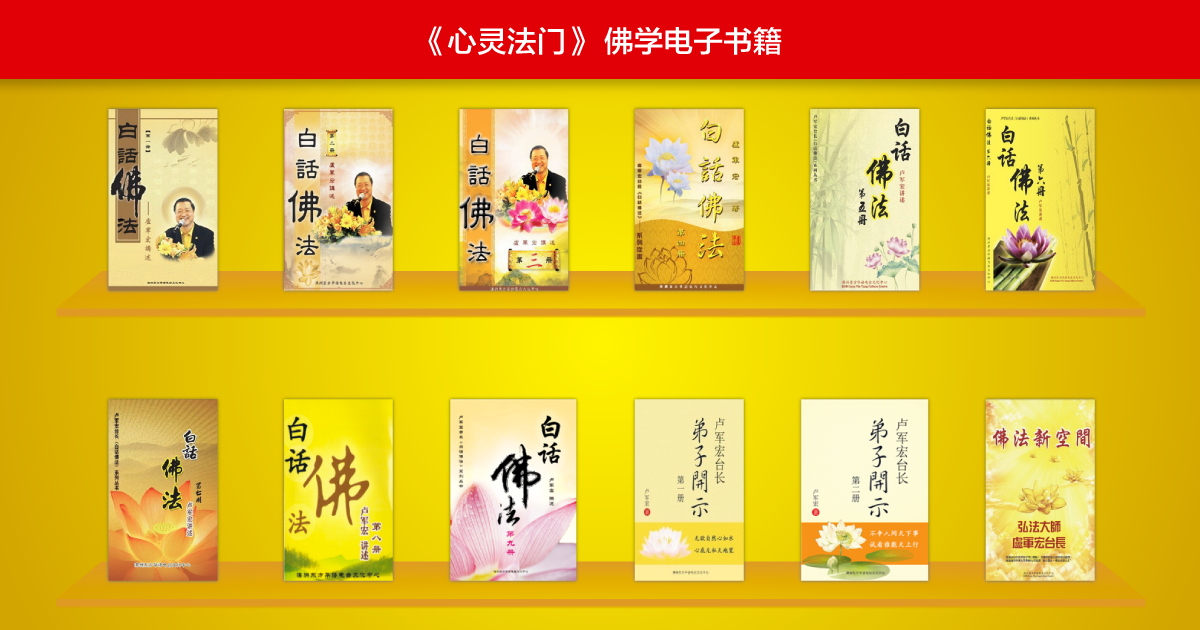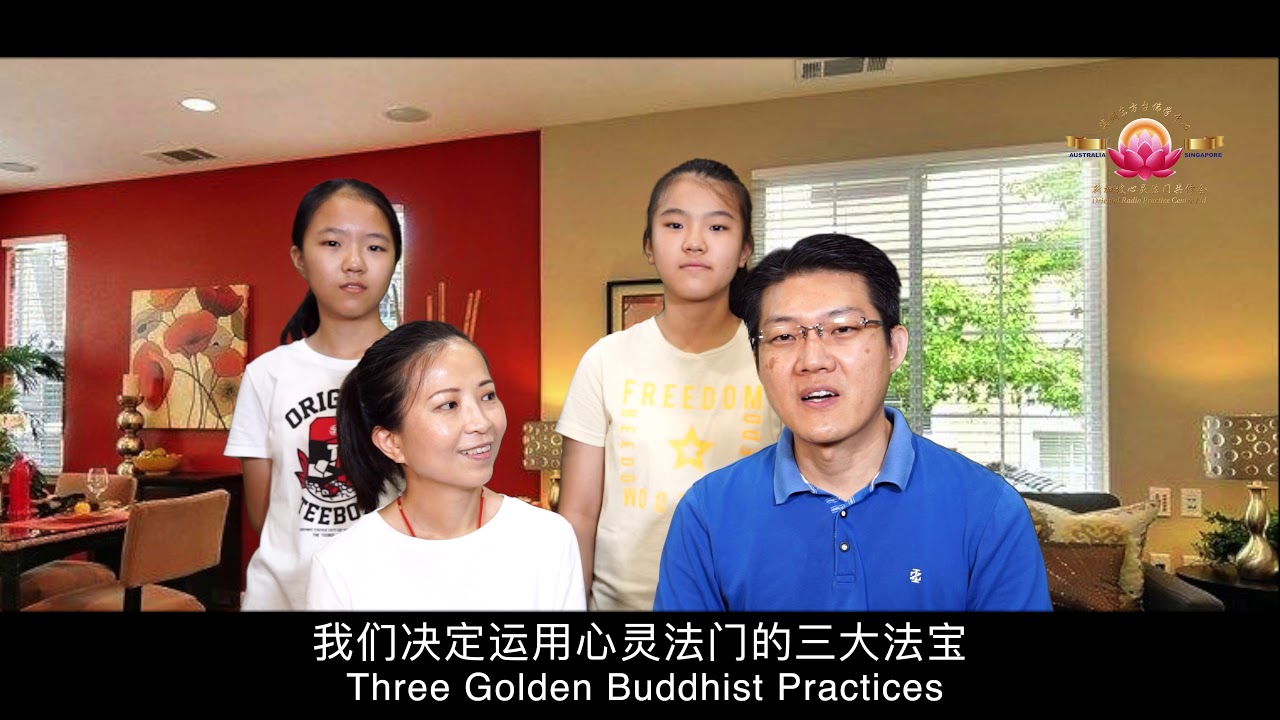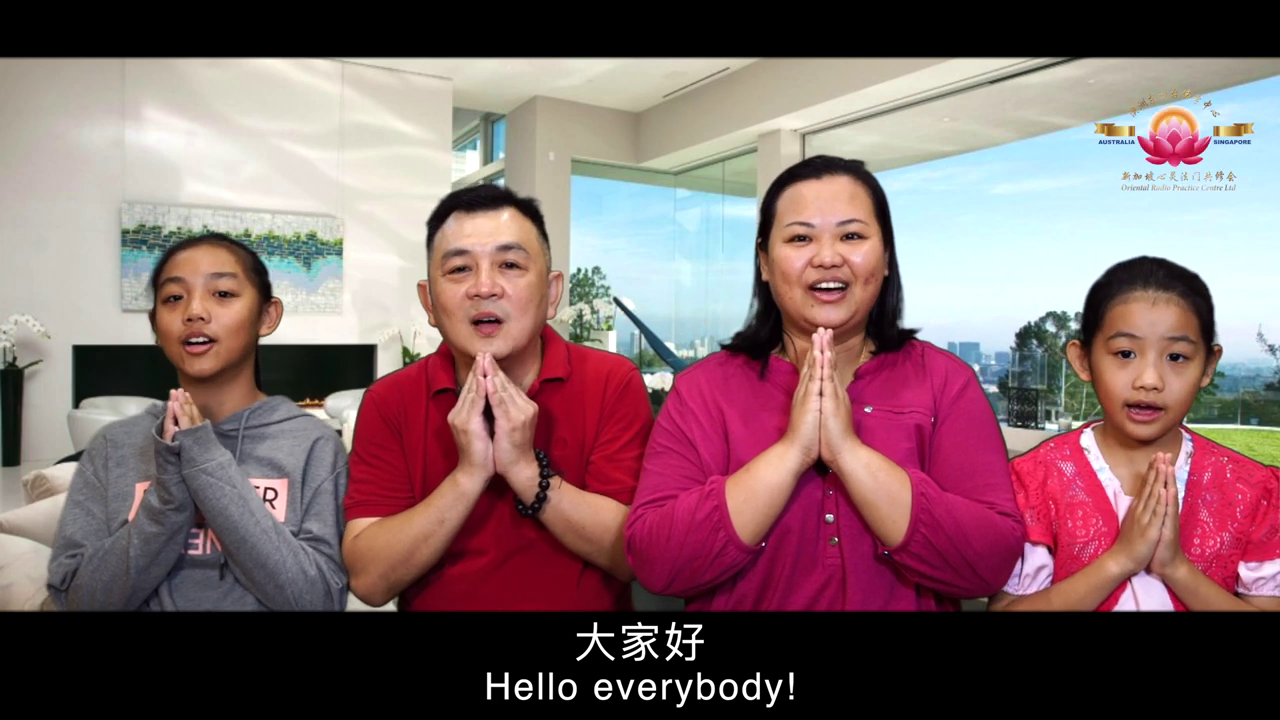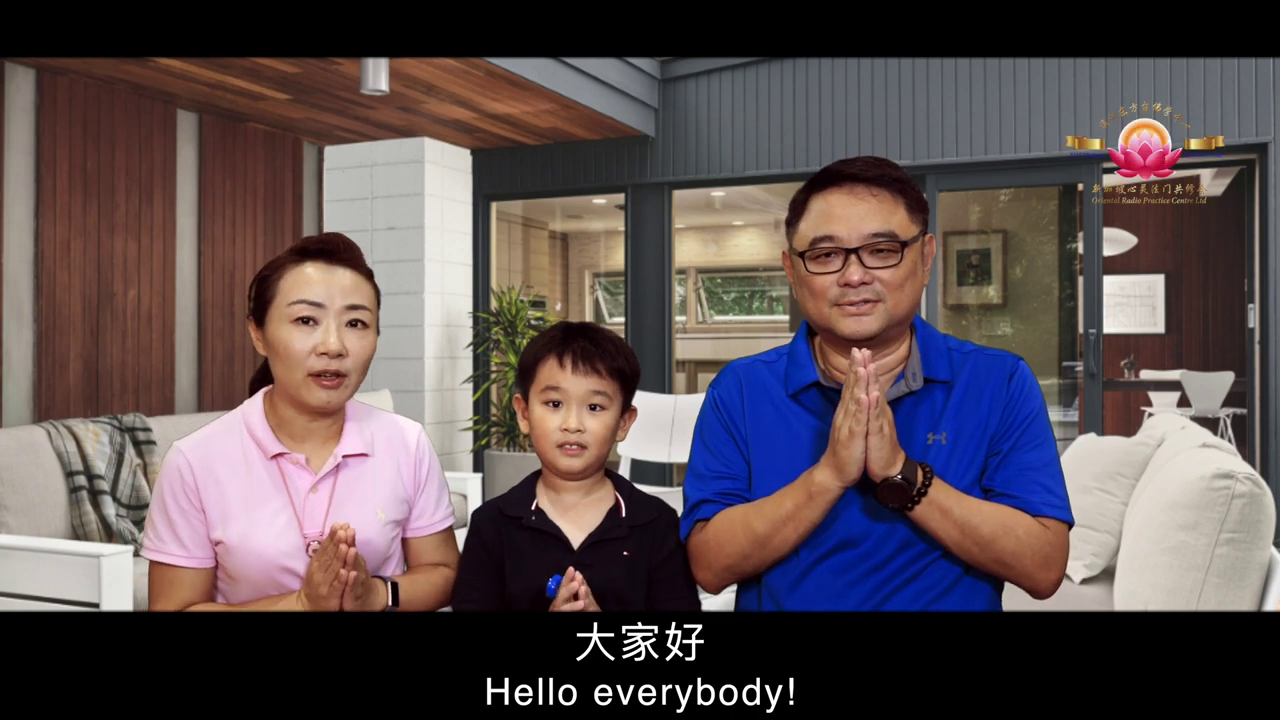Question #96:
Master Lu, Chinese New Year is approaching. How do we offer the “First Incense” on the first day of the Chinese New Year? What should we be aware of?
Answer #96:
• Contrary to popular belief, the offering of the First Incense on the first day of the Chinese New Year does not refer to the first incense that is burnt on that day. It refers to the incense offered between 12am to 2am local time on the first day of the Chinese New Year. During this period of time, all the Buddhas and Bodhisattvas of the ten directions and the three periods of time, including Guan Yin Bodhisattva, all the Bodhisattvas on duty, and Dharma Protectors, will arrive. Therefore, your prayers will be most effective when you offer the First Incense during this period. The best time is midnight (12am) of Chinese New Year’s Eve, that is, 0.00am of the first day of the Chinese New Year. Generally, any incense offered between 12am to 2am is considered to be the First Incense, and incense offered between 12am to 1am is considered to be the “Early First Incense”.
• In this Age of Dharma Decline, Buddhas and Bodhisattvas have already entered the statues and images on the altars in our homes. If you have a Buddhist altar in your home, you can stay at home and sincerely make the offering of the First Incense and pray to Buddhas and Bodhisattvas. If you do not have an altar in your home, you can make your First Incense offering at a nearby temple frequented by many devotees.
• Before you make the First Incense offering, avoid consumption of alcohol, meat dishes, or any of the five pungent spices. It would be best if you brush your teeth and have a shower beforehand. It is strongly recommended for females who are menstruating to have a shower. You should wear neat and colourful attire (preferably in red). Avoid wearing black or white clothes, short skirts, flip flops or slippers. It is recommended that you leave your lights on for the entire night at home.
• You can first make fruit and flower offerings. The fruit should be cleaned beforehand. Do not offer bananas, peaches, or any cooked dishes. You can say your prayers to Buddhas and Bodhisattvas while making the offerings. As soon as it is 12am, you can make the First Incense offering. Do not use any broken incense sticks. You should sincerely offer the incense, kneel and bow down 9 times and then say your prayers to Guan Yin Bodhisattva. The oil lamps should remain burning while you are offering the incense.
• When you say your prayers and wishes, you should respectfully and sincerely gaze at the statues or images of Buddhas and Bodhisattvas, state your full name three times and pray to Buddhas and Bodhisattvas for protection and blessings.
If you have previously changed your name, have a nickname or use a foreign name that is different from your birth name, it is best not to state these names unless you have successfully lodged the Application for Change of Name for these names in front of the statues or images of Buddhas and Bodhisattvas. If you are unsure, it is best to state the name that is the most frequently used by yourself or others.
• You can say your prayers quietly and softly. It is best to limit yourself to two wishes in your prayer. Each family member can make two wishes each. In most circumstances, only the first two wishes made are likely to come true. If a third wish is made, it should only be general. For example, wishing for good health, safety or harmony, etc. The third wish should not be about something that is particularly important. If you make too many wishes, or if your wishes are too complicated or excessive, your wishes may not come true because of your greed.
• From the night of Chinese New Year’s Eve until the end of the first day of the Chinese New Year, it is best to perform recitations as much as possible. The merits and virtues accumulated from the recitations during this period are multiplied. It is best to recite the Great Compassion Mantra, the Heart Sutra, and the Eighty-Eight Buddhas Great Repentance. On the night of Chinese New Year’s Eve, you can recite all the sutras and mantras that are included in Guan Yin Citta Dharma Door, including those contained in the Little Houses, and those that are usually not recommended to be recited at night, such as the Heart Sutra, and the Amitabha Pure Land Rebirth Mantra.
• If there is no Buddhist altar in your home, you can offer the Heart Incense. But it will be hard to achieve the same effects as a real First Incense offering, and it is not recommended that you recite sutras and mantras throughout the night.
• During the Chinese New Year’s Eve and the first day of Chinese New Year, it is vital to remember that it is the time we bid farewell to the old and welcome the new. We should remain happy and cheerful, spread kind words and good wishes, and perform recitations as often as possible.
It is best to stay up all night for the arrival of Chinese New Year. If you cannot wait and end up falling asleep before 12am, then “the old year has not gone, and the new year has not come” for you. Therefore, it is recommended that you stay up late. The longer you stay up on the night, the longer the elders in your family would live. On Chinese New Year’s Eve, you can also switch on all the lights in your house to make it brighter.
It is best to avoid looking at yourself in the mirror too often on Chinese New Year’s Eve, and each time should be limited to less than 30 seconds. Avoid breaking any bowls or cups in your home, or tipping over an oil container and spilling oil. Refrain from speaking loudly or inappropriately, and avoid joining a crowd. Most importantly, you should not argue or fight with others.
• On the first day of Chinese New Year, it is best not to visit other people’s homes. To promote good fortune, it is best to spread good wishes and speak kind words. For example, even if someone’s financial situation is not ideal, they can maintain a sense of optimism and positivity by vocalising their happiness. Such expressions are aimed to bring them good luck. In addition, during the first month of Chinese New Year, you should not leave your house empty. Generally, it is best not to have the entire family go away during this month. If your house is empty, it may attract foreign spirits.
• During the daytime on Chinese New Year’s Eve and after 9am on the first day of the Chinese New Year, you can display photos of deceased family members to pay your respect and burn Little Houses for them. It is best not to do so at night on Chinese New Year’s Eve. For all other times during the Chinese New Year celebration period, we can perform recitations and help the deceased ascend to a higher spiritual realm.
- 文字记录适合同修学习心灵法门知识和查阅相关问题。若同修有时间请尽量多听原录音,因为听录音可以接到台长的气场。
- 录音文字整理尽量保持与原录音一致。但因对话交流带有语气,文字整理不可能完全还原情境。
- 录音中部分问题台长回答为个例,请勿以个别代普遍。
- 如读者遇到文字记录与自己理解差异较大的内容请以原录音为准(每段文字记录均有标注原录音时间段,方便查找)。
- 节目文字整理涉及的开示是节目录音当前日期的开示,后续若同修听到或看到同类问题新的开示,请以新开示为准。
- 本文字内容未经东方台审核,请谨慎擅自编辑成书及出版!
